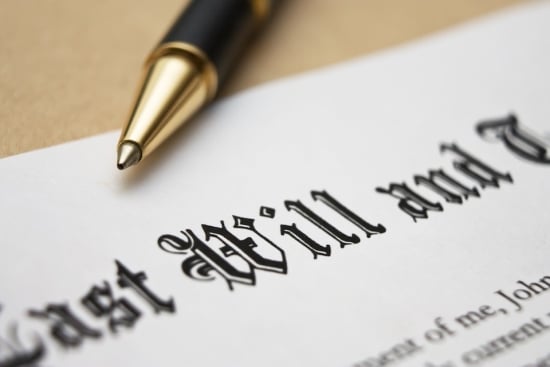
As a Brooklyn, New York estate planning attorney, I realize creating an estate plan can be a confusing process. I meet with many clients who are unsure of how to approach the situation, believing
it difficult to imagine a time when they have passed.
To help you prepare for your estate planning discussion, here are 10 things you should know:
- No matter how much money or assets you have, it’s important to have a basic estate plan in place. Doing so will ensure that your familial and financial goals are met after you pass away.
- Estate plans have several elements. These elements include a will and assignment of power of attorney, as well as a living will or health-care proxy. Some people may also add a trust. Having an attorney present to ensure you follow all federal and state laws governing estates is extremely important.
- To begin, take inventory of your assets. This includes your investments, retirement savings, insurance policies, and real estate or business interests. Figure out who you want handling your financial affairs, who you want to inherit your assets, and who you want to make medical decisions if you are no longer able to do so for yourself.
- Everybody needs a will. This tells everyone exactly where you want your assets to go after you
die. It also is the place to name guardians for your children. If you die without a will, it can be costly to your heirs and gives you no say as to who gets your assets.
- Trusts aren’t only for wealthy people. Trusts allow you to put conditions on how and when your assets will be distributed after your death. Some also allow you to reduce your estate and gift taxes and to distribute assets to your heirs without the cost, delay, and publicity of probate court.
- Discuss your estate plans with your heirs. Doing so can dispel confusion, hurt feelings, and bitterness after you pass.
- The federal estate tax exemption is now set at $5 million (indexed for inflation).Amounts above this are taxed up to a top rate of 40 percent.
- You can leave an unlimited amount of money to your spouse tax-free. If you leave everything to your spouse, however, you fail to use your estate tax exemption and instead increase your surviving spouse’s
taxable estate.
- There are two easy ways to give gifts tax-free and reduce your estate. This includes giving up to $14,000 per year to an individual and paying an unlimited amount of medical and education bills for someone.
- Give charitable gifts that keep on giving. If you donate to a charitable gift fund or community foundation, your investment will grow tax-free.
